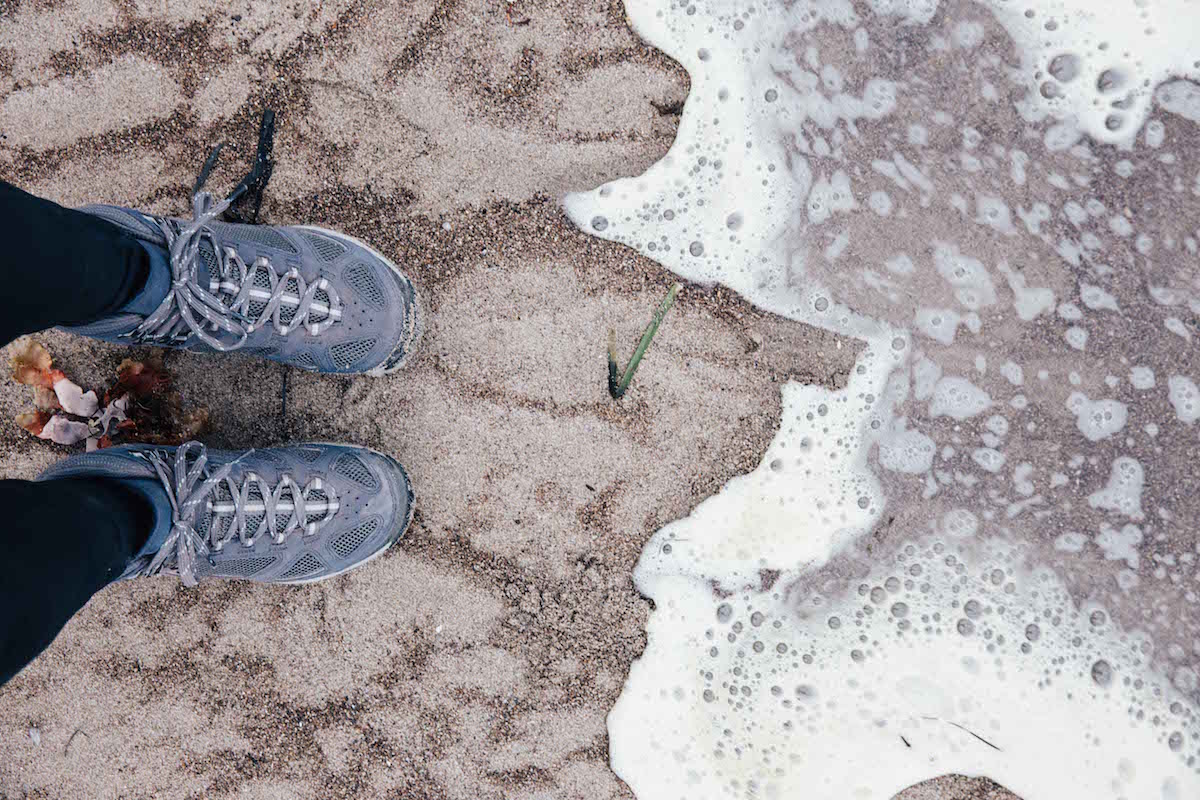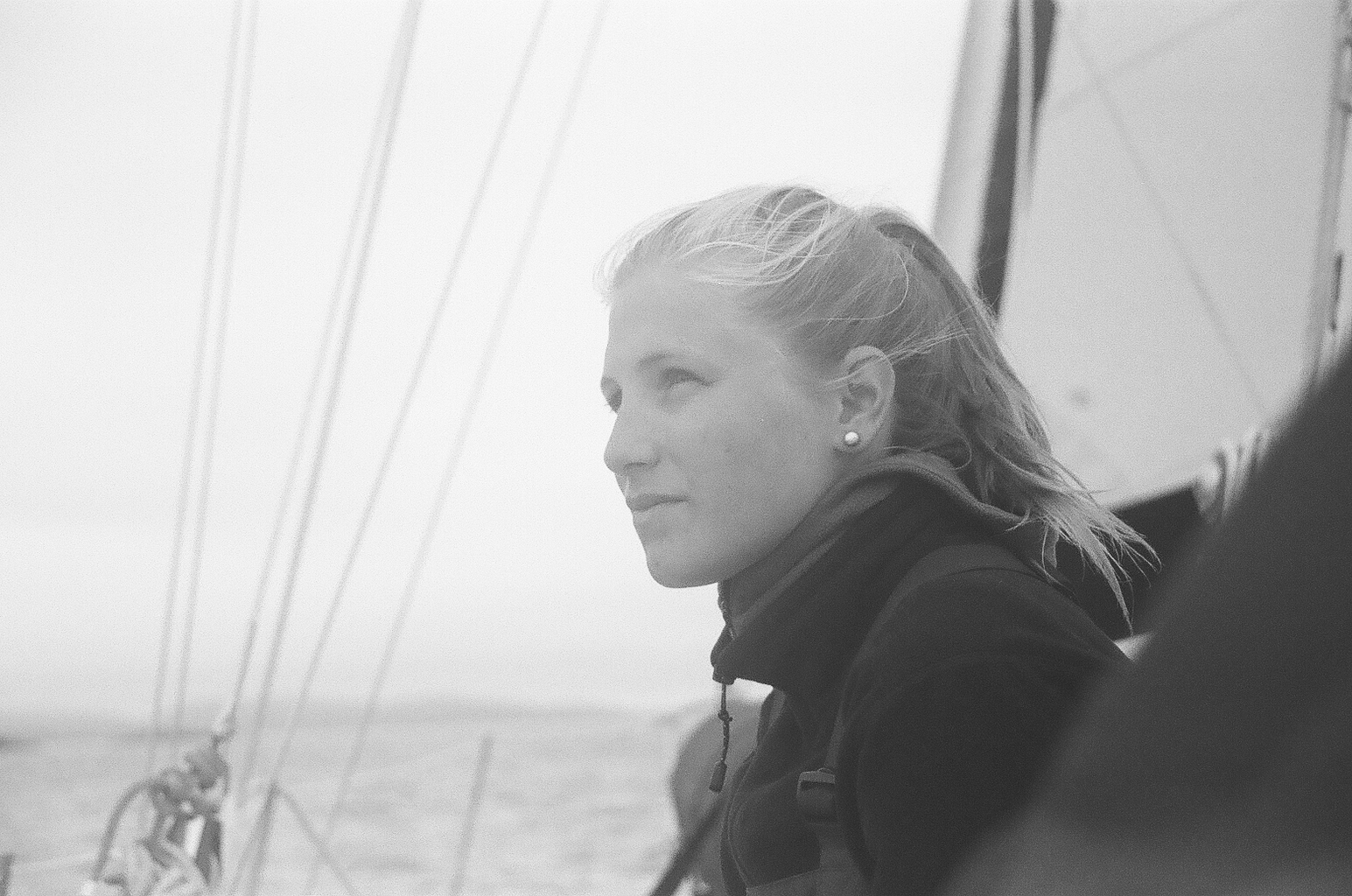Episode 48: Where is Wilderness?

Episode 48: Where is Wilderness?
This week’s episode is brought to you by Peak Design. Thank you to them for the support! Get 15% off orders $19.95+ cart total with the code SHEEXPLORES. (Doesn’t apply to bundles). Shop here ->
Feature image by Gale Straub
Last winter Emma Hayward reached out to ask Gale, “What does wilderness mean to you?”
Emma was working on her senior thesis project. As an environmental science major with a love for the ocean, she wanted to dig into not only the “what” of wilderness, but the “where.” It turned out the answers were more complex than she anticipated.
This episode is a piece of Emma’s thesis project. It’s her personal exploration to find out why wilderness is so important to us and how we make the distinction between wild and not-wild. It includes Emma’s findings through survey results, research, and conversations with Dr. Nita Tallent (Cape Cod National Seashore), Dr. Craig Marin (assistant professor of SEA Semester), Rachael Miller (founder of Rozalia Project), and our own Gale Straub.
Follow Emma on Instagram ->
Also, keep listening at the end of the episode: we catch up with Annie Nyborg of Episode 34, When to Hold on (and When to Let Go).
Featuring:
Emma Hayward, Gale Straub, Nita Tallent, Dr. Craig Marin, and Rachael Miller.
Subscribe to She Explores podcast via Apple Podcasts, Stitcher, and Google Play.
Music is by Lee Rosevere via freemusicarchive.org
Emma’s Conclusions:
“Based on my research, which included literature review, surveys, and interviews, I have found that our ideas of wilderness have been created for us through myth making, which occurs in order to make sense of unknown spaces. People have historically turned to myth making to make sense of such unfamiliar spaces.
“Since concepts of wilderness depend on spatial boundaries, humans struggle to perceive the ocean which appears largely boundless, as a wilderness. Our habits of seeking wilderness are often terrestrially based: hiking, running, biking, to name a few. Seeking exists in our minds as terrestrial, as we are largely and most regularly terrestrial beings.
“Further, our concepts of wilderness are based largely on our expectation to feel vulnerable, which we experience as a fear of the unknown. Once humans feel dominant over a space, they are less likely to perceive this space as wilderness.
“These factors have contrived our concept of wilderness and thus the wilderness which we create in our own minds while limited to our terrestrial senses, simultaneously fails to exist as a reachable place. The ocean then is left out of our concept of wilderness due to our terrestrial orientation.”

Emma in her element, by Pete King
Links/Resources Mentioned in this Episode:

Be the first to comment